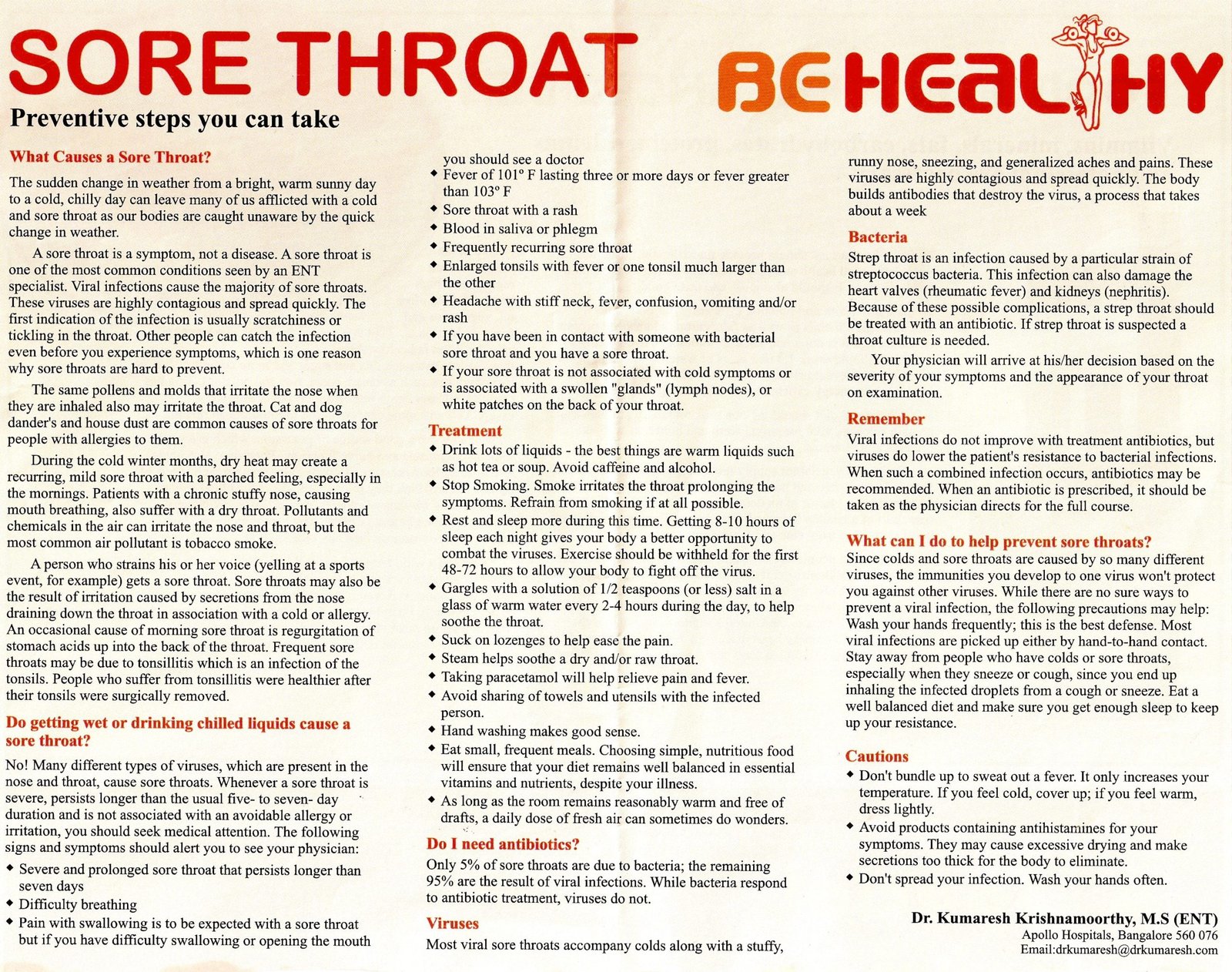The Overlooked Danger of Dehydration During Infections
When illness strikes, most people focus on medication and rest, but often overlook a crucial aspect of recovery: hydration.
Infections—whether viral or bacterial—trigger physiological changes that can lead to increased water loss, making dehydration a silent but serious risk.
Why Water Intake Increases During Infections
When the body fights an infection, it enters a hypermetabolic state, causing an increase in temperature, sweating, and sometimes vomiting or diarrhoea—all of which lead to fluid loss.
Fever, a common symptom of many infections, also results in increased evaporation of water from the skin and faster breathing, further depleting hydration levels. If lost fluids are not adequately replaced, dehydration can set in, worsening symptoms like fatigue, headaches, and dizziness.
Despite the increased need for water during illness, many patients reduce their intake due to nausea, sore throat, or lack of appetite. This reluctance exacerbates dehydration and prolongs recovery time.
How to Stay Hydrated During an Infection
- Increase Fluid Intake: Drink water frequently, even if you don’t feel thirsty.
- Monitor Urine Color: Dark yellow urine indicates dehydration. Aim for white/pale yellow urine as a sign of proper hydration.
- Consume Hydrating Foods: Fruits like watermelon, oranges, and cucumbers provide additional water content along with essential nutrients.
- Avoid Diuretics: Reduce intake of caffeine and alcohol, as they can contribute to fluid loss.
Breaking the Myth: Do Antibiotics Cause Acidity?
A widespread belief is that taking antibiotics directly leads to acidity. However, scientific evidence suggests otherwise. The discomfort often attributed to antibiotics is actually a stress response rather than a direct effect of the medication.
Antibiotics work by eliminating bacteria, including some beneficial gut flora that help in digestion. The temporary imbalance in gut microbiota may lead to mild digestive discomfort, but it does not inherently cause hyperacidity. Instead, the stress of illness, disrupted eating patterns, and dehydration contribute to increased acid production in the stomach. The body perceives illness as a threat, leading to a fight-or-flight response that triggers the release of stress hormones like cortisol, which in turn increases stomach acid secretion.
Thus, the real culprit behind acidity during illness is often the stress response rather than the antibiotic itself. Ensuring proper hydration and consuming probiotic-rich foods can help mitigate this effect.
Conclusion
Hydration is a fundamental part of recovery that is often overlooked during infections. While the body’s demand for water increases, symptoms like fever, sweating, and reduced appetite make it easy to fall into dehydration. Additionally, the common misconception that antibiotics directly cause acidity should be replaced with an understanding of how stress and dehydration play a larger role in digestive discomfort. By staying hydrated and supporting gut health, one can improve overall recovery and minimize complications during illness.


Recent Comments